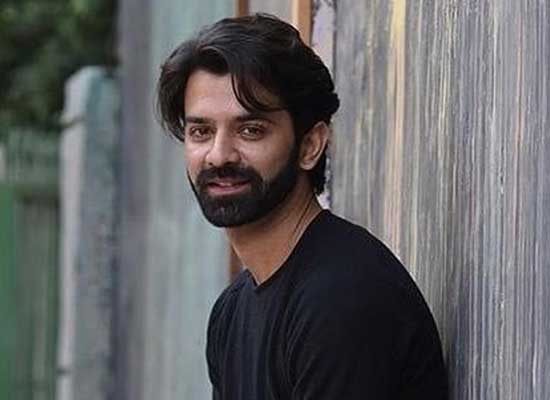The 8-Hour Revolution: Barun Sobti's Bold Stand Against Bollywood's Long Workdays!

Veteran actor Barun Sobti, known for his compelling performances across television and OTT platforms like Asur and Kohrra, has reignited a crucial debate within the Indian entertainment industry, publicly advocating for an 8-hour workday. Sobti's recent remarks, "Producers 12-12 ghante kaam karvaate hain" (Producers make us work 12-12 hours), shed light on the demanding and often unsustainable working conditions faced by actors and crew members.
Sobti, who is also contemplating a move into production, emphasized his commitment to prioritizing the well-being of artists if he were to take on such a role. He stated his intention to implement "8-hour shifts," highlighting a stark contrast to the prevalent long hours that have become a norm in the industry.
The Grinding Reality: Beyond the Glamour
For years, the Indian television and film industry has been notorious for its grueling schedules. Actors, especially those in lead roles, often work for 12 to 18 hours a day, sometimes even longer, with minimal breaks. This relentless pace not only takes a significant toll on physical health but also severely impacts mental well-being and personal lives.
Barun Sobti himself has openly spoken about the health issues he faced due to such demanding schedules in the past, even attributing his decision to step away from television at one point to the punishing work hours. His latest comments underscore a persistent problem that many in the industry silently endure.
A Growing Chorus for Work-Life Balance
Sobti's call for an 8-hour shift is not an isolated voice. The conversation around healthier work environments in Bollywood and the wider entertainment sector has been gaining momentum. Recently, actress Deepika Padukone reportedly set an 8-hour work limit for her upcoming film commitments, a move that sparked considerable discussion and drew support from industry peers like Pankaj Tripathi. Tripathi, too, has spoken about the physical and mental exhaustion caused by extended work hours, emphasizing the importance of setting boundaries.
Even established figures like Bharti Singh and Harsh Limbachiyaa have shared their experiences of working for over 15 hours a day in television, detailing the severe health repercussions, including stress, anxiety, and burnout, that plague the industry.
Legal vs. Reality: The Disconnect
It's important to note that India's labor laws, such as the Factories Act, 1948, and the Shops and Establishments Act, generally stipulate a maximum of 9 hours of work per day and 48 hours per week. Overtime is mandated to be compensated at twice the regular wage. However, the ground reality in the entertainment industry often deviates significantly from these regulations, leading to an unregulated and often exploitative work culture.
The Path Forward: Towards a Sustainable Industry
Barun Sobti's advocacy for an 8-hour workday serves as a crucial reminder that the pursuit of cinematic excellence should not come at the cost of human well-being. As the industry evolves and gains global recognition, adopting more humane and sustainable working practices is paramount. Implementing standardized shifts, ensuring adequate rest, and enforcing existing labor laws could not only improve the lives of countless artists and technicians but also foster a more creative and thriving environment for Indian cinema and television. The ball is now in the court of producers and industry bodies to heed these calls and initiate meaningful change.
Latest film industry related Hot Trending Now News:
For latest Bollywood and Hollywood related What's Hot!, Latest Videos, Bollywood News, Hollywood News, Fashion News, Did You Know?, Latest News and Blogs, please log on to B4U’s new entertainment website https://b4uentertainment.com/




POST YOUR COMMENTS